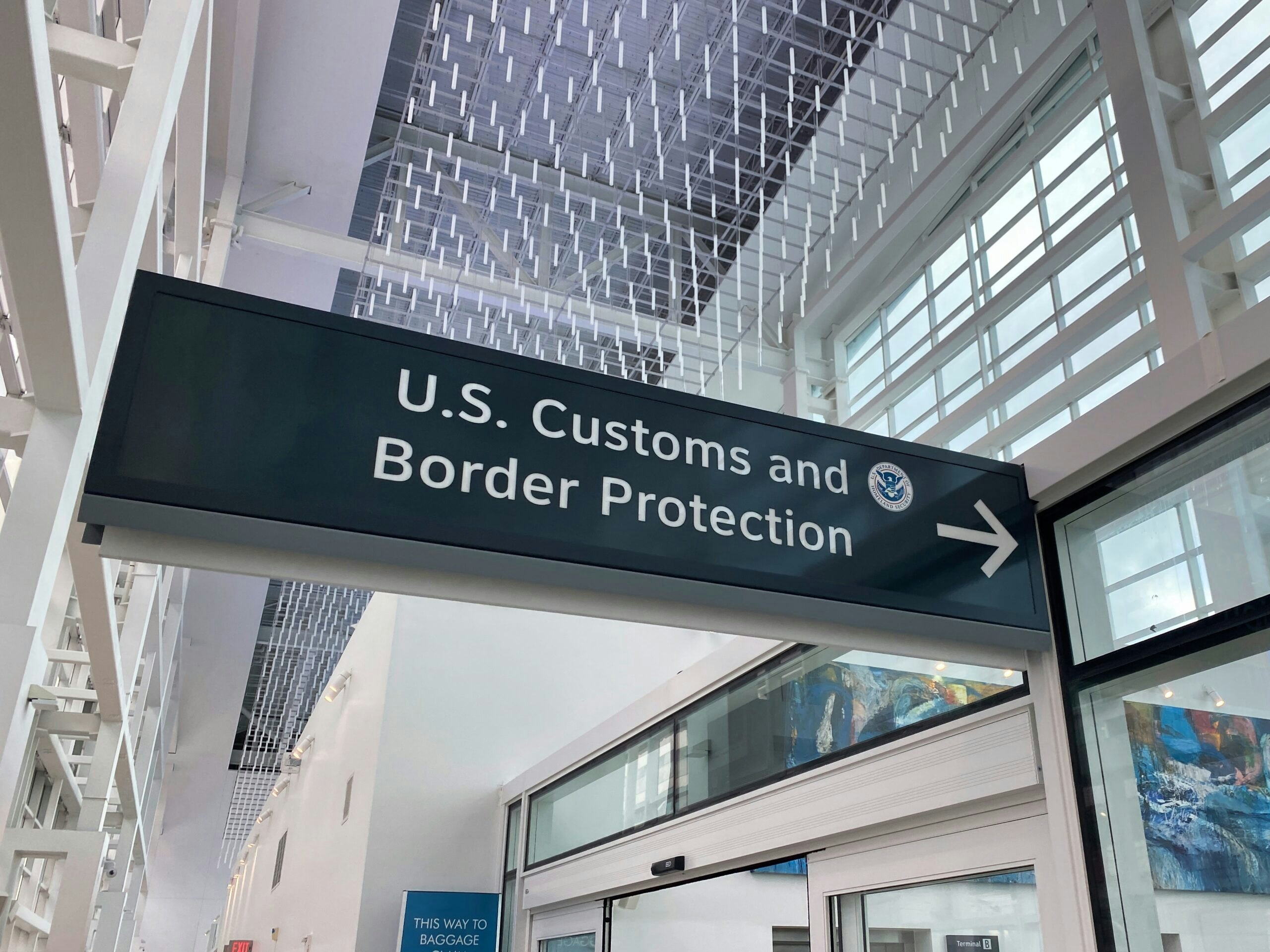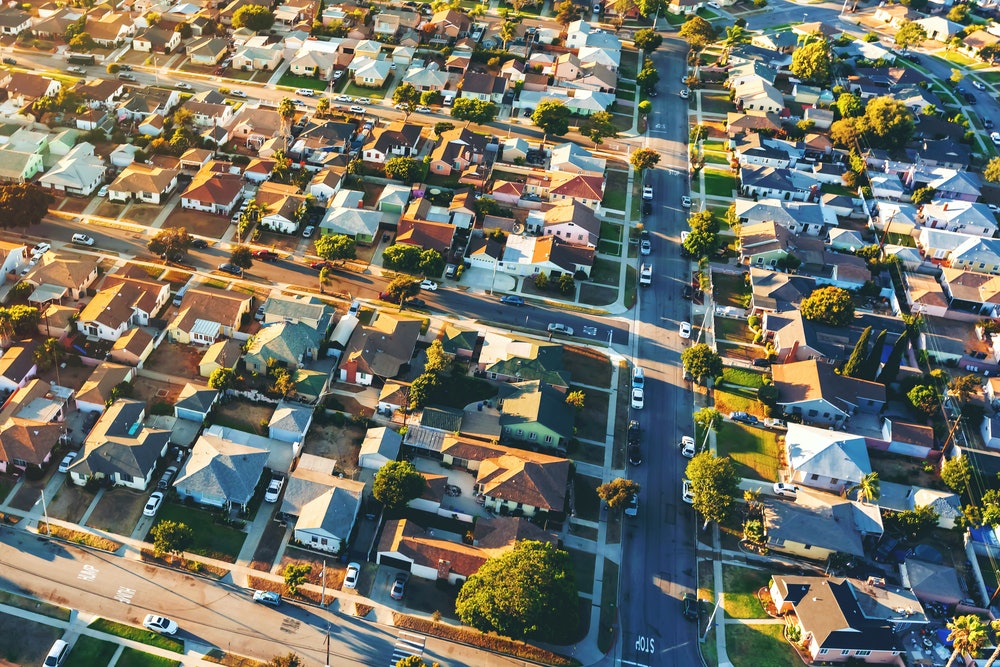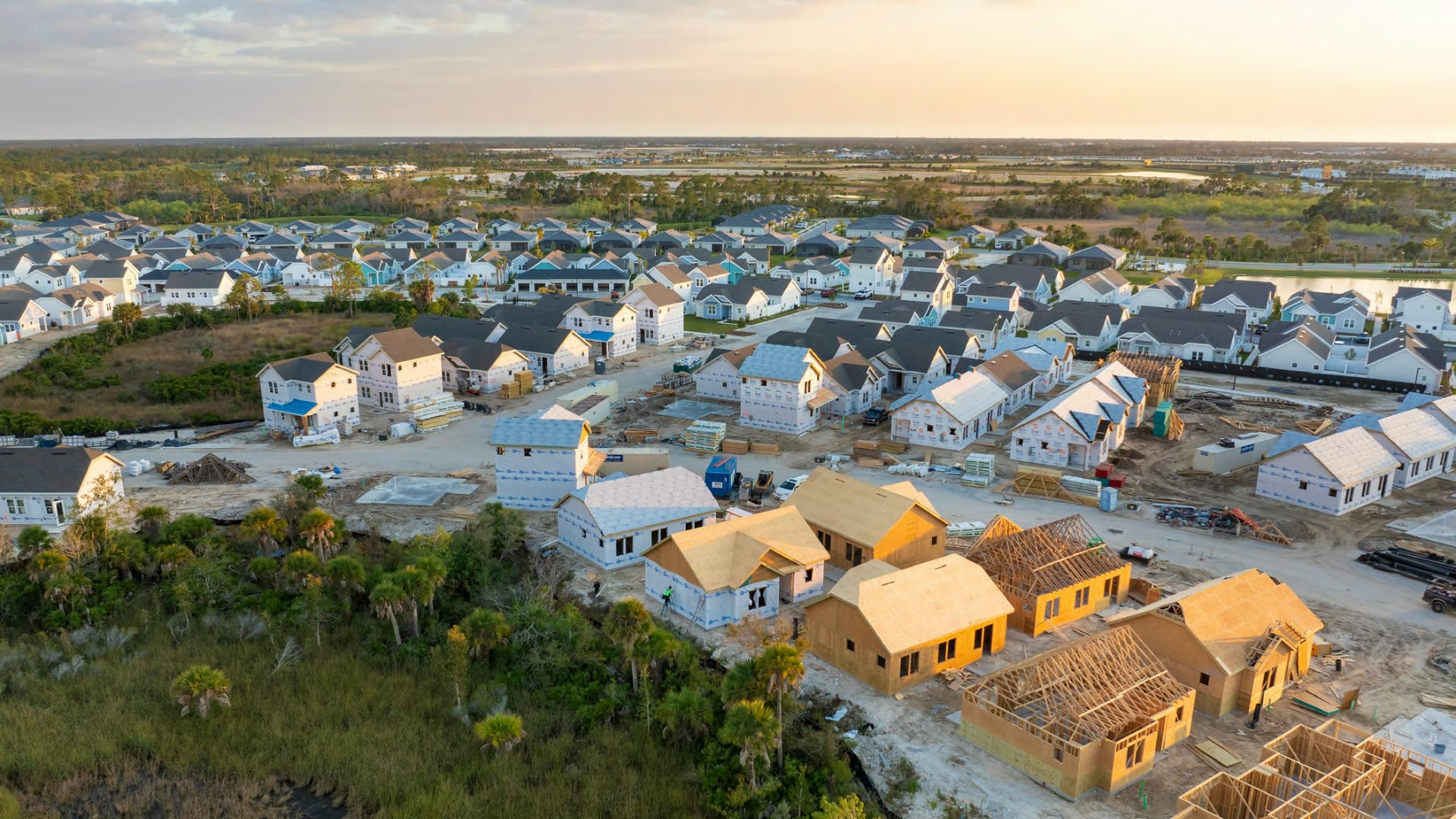Laura Collins, Director of the Bush Institute-SMU Economic Growth Initiative, and Anna Walker, Manager of Communications at the Bush Institute, spoke with Giovanni Peri, an Italian-born American economist and professor and the C. Bryan Cameron Distinguished Professor in International Economics at the University of California, Davis, to better understand how immigration benefits the American economy. This conversation has been edited for length and clarity.
How is immigration good for the economy?
Immigration is one of the fundamental forces driving long-term economic change and economic growth in many countries. Immigrants are workers, consumers, entrepreneurs, and creative innovators. They demand both goods and services.
In general, countries that have been able to attract more immigrants are growing faster and becoming wealthier. Immigrants have a broad variety of skills added to that country’s labor market. These are big things that come with immigration to a country that make the economy better.
Can you explain how the U.S. labor force depends on immigration?
The U.S. has an exceptional economy in the world for both the number of immigrants that have come over time and for the length of time in which the U.S. has attracted immigrants from the rest of the world.
First and foremost, the U.S. has always been a nation of immigrants. It has always been able to absorb, in the labor market, a lot of immigrants in a variety of different job types. Immigrants in the U.S. have concentrated into two types of workers: those who come without higher education and those who come with a college degree, normally specializing in STEM.
Those who come without a higher level of education normally concentrate on manual and physically intensive types of jobs that are difficult to outsource, such as those in construction and agriculture. They also work in caring for the elderly, health care services, and restaurants. These jobs are in high demand in the U.S. because the population consumes and thus demands more. Even if immigrants don’t have a higher education or don’t speak the language as well, they still have the same physical abilities as Americans.
If immigrants come with higher education, they tend to specialize in STEM [science, technology, engineering, and math]. That part of the economy is the one that generates innovation and economic growth. The U.S. universities and companies that are driving technological growth are doing so because they have a lot of immigrants coming in with new ideas and discoveries. Math and science are the same all over the world.
Immigrants have always specialized in doing things that have a positive effect on the U.S. and the rest of the world. The U.S. can still grow, having the benefit of immigrants specializing in a job that those born here are less likely to do. It shouldn’t be viewed as competing and displacing Americans but rather as interacting with what Americans already do.
Looking at U.S. immigration policy today, what needs to change to make the system more effective?
The U.S. needs a plan for the actual number of immigrants that can be absorbed into the country and contribute to the economy and then adjust policies to be able to admit these immigrants. That implies that there needs to be a bigger role and bigger cap to the policy for skilled immigrants.
For example, there is the H-1B visa, which is very constrained. The green card is also very limited. There needs to be an expansion of a legal way for workers to come in, in a more permanent way. This will allow them to serve the American economy in a period when the labor force is shrinking.
So, I think the question going forward is will the U.S. be able to keep the current flow of immigrants or will the flow decrease? And what will the consequences be of having a smaller flow of both skilled and immigrant workers? In an ideal world, I think a policy that allows more legal workers who are skilled to serve the U.S. economy is best.
What is working in our current immigration system?
There are two things that work very well in the U.S. immigration system. The first is that a large part of immigrants come for work purposes. Both the H-1B visa and the green card program for working purposes work well; however, they should be expanded and simplified to be more efficient.
The second thing that works well is the way in which the second generation of immigrants is integrated into the economy and country. Because of birthright citizenship, the second generation immediately feels anchored and invested in the U.S. They are Americans.
If we could expand the visa-like system that is temporary and then transfer that into a green card for workers that the U.S. needs, not just for those with a higher education, this could be a great addition.
What is your hope for the future of the U.S. immigration policy?
For the immediate future, I think that it is a very bad idea to do mass deportation. Economically, I think it is a big step backward for our system – it is very counterproductive and costly.
Instead, we should be discussing a path for legal status for those who have contributed, invested, and have been living in the U.S. for a long time. There are a lot of bottlenecks and inefficiencies that should be discussed.
For example, there are a lot of people who are trying to convert their temporary H-1B visas to green cards, and the waiting list for this simple conversion is decades long. You cannot have more than 7% of green cards given to any country. Just removing this would increase the number of people who can stay here legally.
Anything that goes in the direction of being more efficient [and] that allows people to come in would be great.
What do you wish Americans better understood about immigration?
Most people have a very wrong perception of immigration. They think that there are way more immigrants than there actually are. There is also a perception that there are more undocumented immigrants that come in and that skilled and educated immigrants don’t – when the opposite is true.
If I could convince just one person that American immigration is not an invasion of low-skilled workers who take American jobs or sit on welfare, but a flow of a more balanced group, that would be it.
I think if you understand who immigrants are, where they come from, who they are, and how they operate, then they’ll not be seen as threats, but rather an opportunity for growth.



























